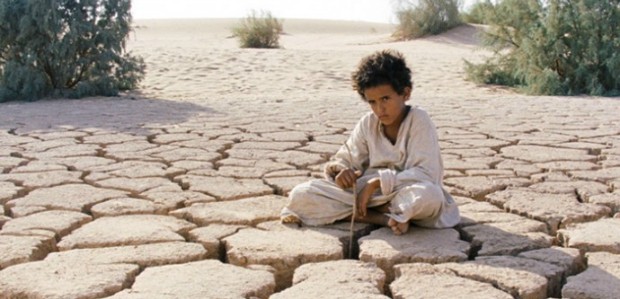
The making of Theeb
Although our steps are small, with each film we slowly hope to help build a real film industry.
One of the greatest challenges of Theeb, was making the movie without a film industry to rely upon. Throughout every stage of production we were forced to find ways to compensate for missing elements that most filmmakers take for granted. By missing elements I mean professional film actors, a cinematographer, a Super 16mm Film Camera and set of anamorphic lenses, success stories of previous films from the country with which to draw statistical information to use as pitch material for investors; a proper regional distribution network; and in Jordan, a lack of cinemas with which to screen the film. So from development to exhibition we lacked some of the most basic elements of an industry required to enable successful film production.
However, instead of this being a hindrance, it actually turned into a great instigator of innovation and creative thinking. Without an industry to fall back on, we were forced to come up with new solutions to our problems, ones that suited the unique challenges of filmmaking in Jordan. So if you have no actors to cast your film, go to the ancestors of the characters of your story, the bedouin tribes of southern Jordan. Cast from those communities and workshop them over eight months to become actors. Through doing this we were able to attain far more effective performances than we ever would have with professional actors. There was an authenticity in the bedouins’ performances that could not have otherwise been achieved.

One of the greatest challenges of Theeb, was making the movie without a film industry to rely upon.
We also had to come up with new ways to finance the film, ones that worked for a country with limited resources. We found ways of bringing in businesses to sponsor the film through their corporate social responsibility funds. They would pay for the employment of people from impoverished communities in Jordan, as a way of providing them with new skills and employment opportunities. So now we can pay for our actors, cast from the local communities.
And what is the result of this? Through adapting to our situation we were able to create a new environment for film production specific to our needs. Our actors in Theeb have gone on to perform in domestic and foreign feature films as well as TV series. They have careers and by consequence are professional film actors. And so where once there were none, now there are a few. This type of progression has happened in every field where we were forced to innovate, such as distribution and exhibition. And although our steps are small, with each film we slowly hope to help build a real film industry.







COMMENTS